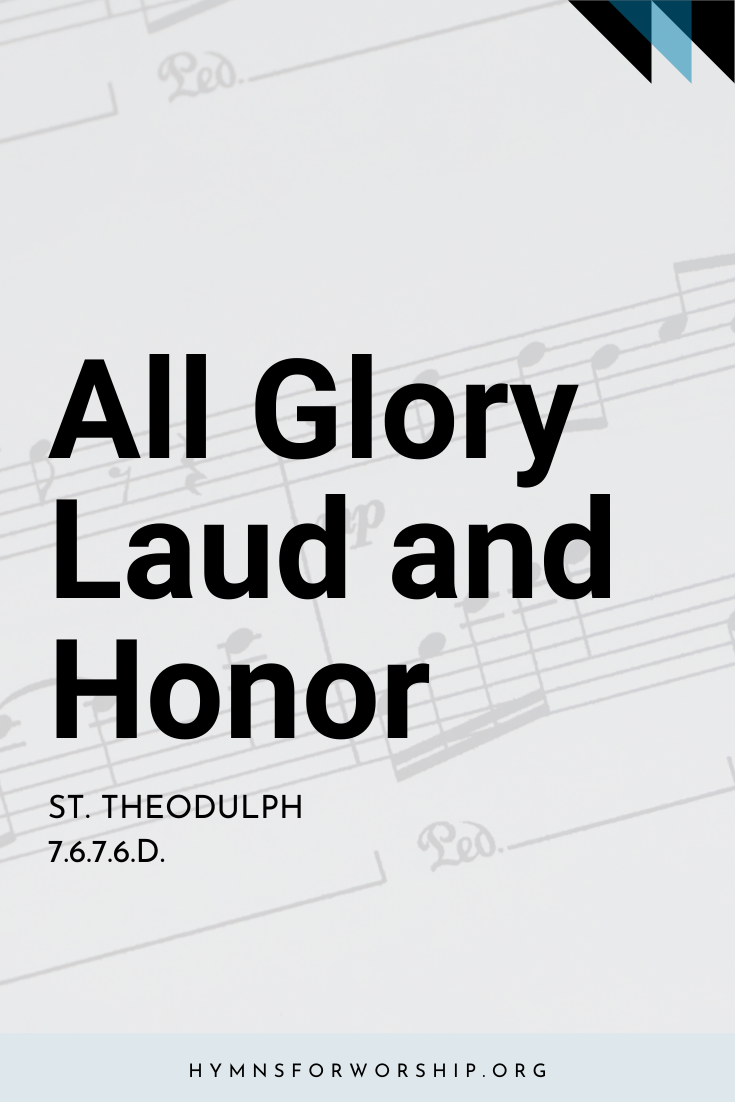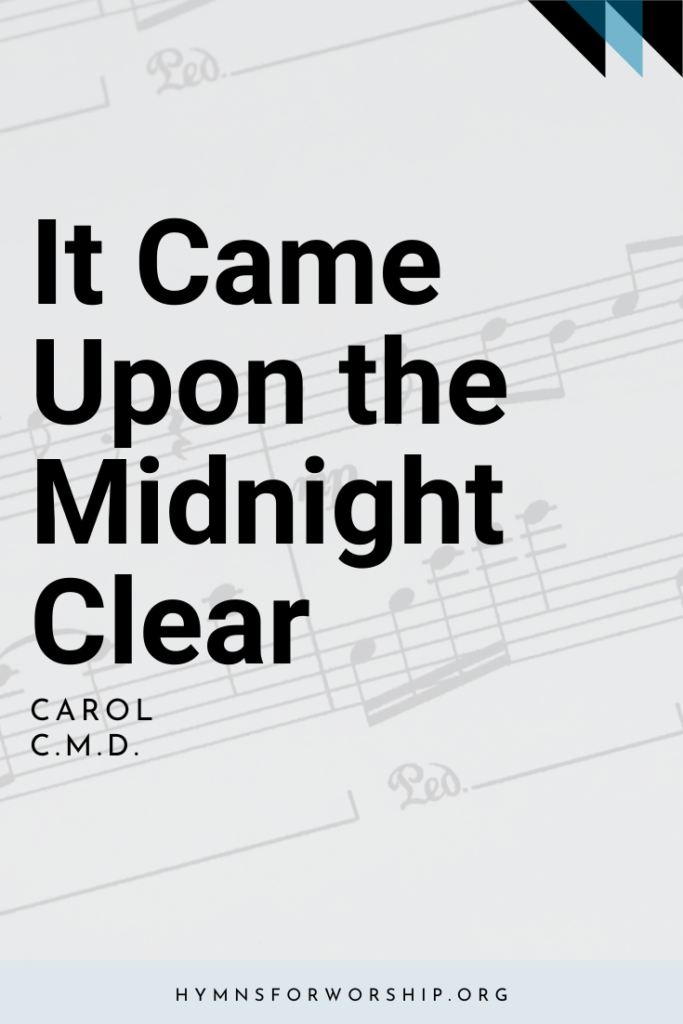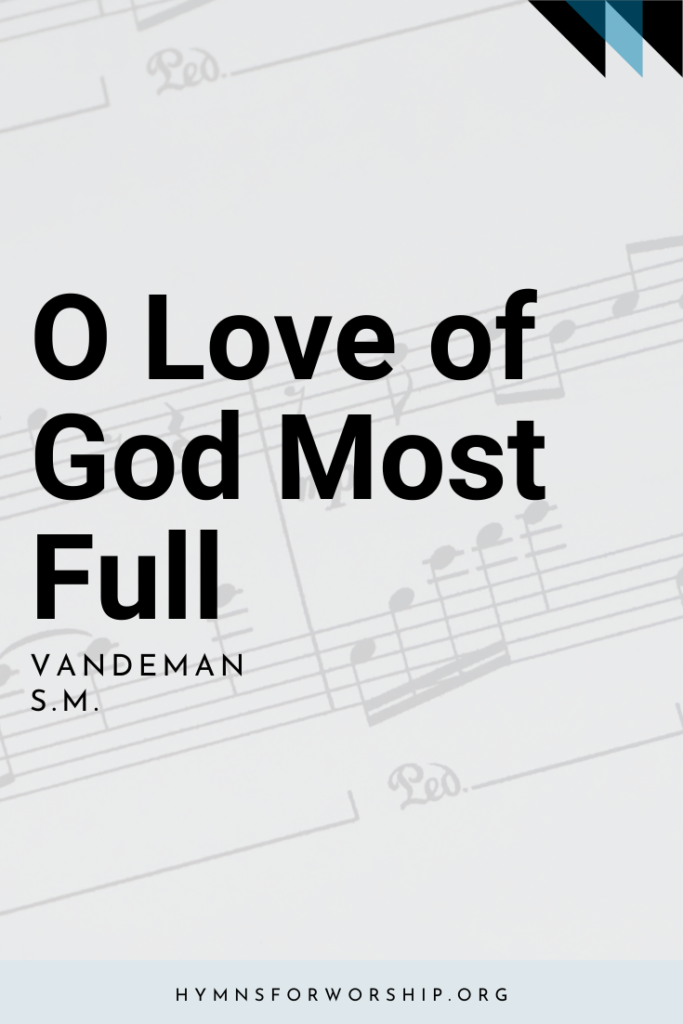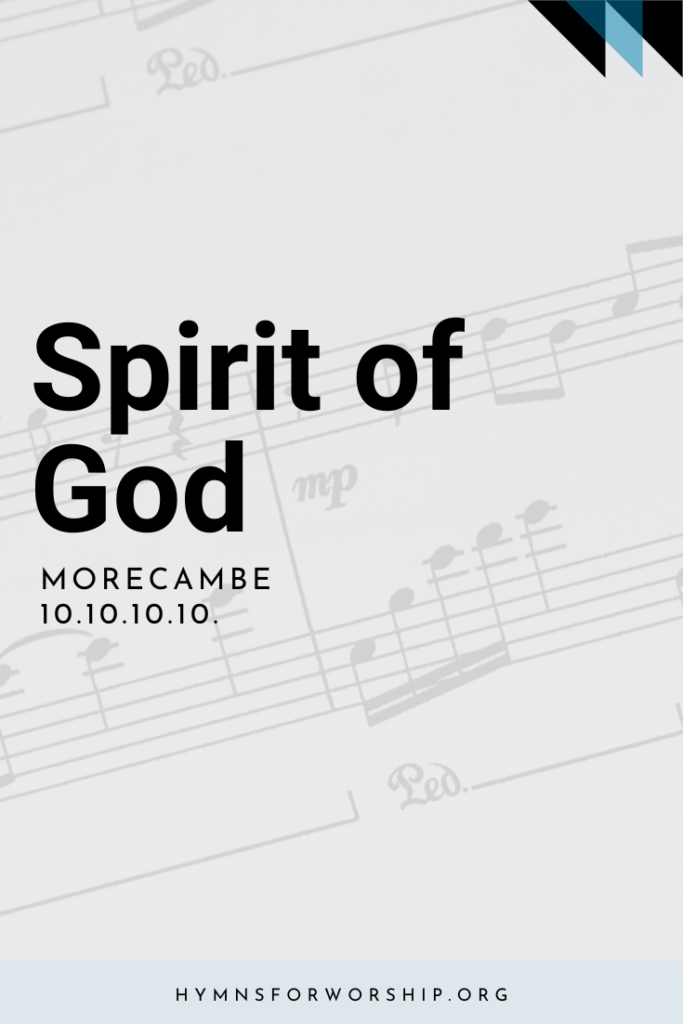JESUS CHRIST >> GLORY & PRAISE
SDAH 230
All glory, laud, and honor,
to thee, Redeemer, King,
to whom the lips of children
made sweet hosannas ring.
Thou art the King of Israel,
thou David’s royal Son,
who in the Lord’s name comest,
the King and Blessed One.
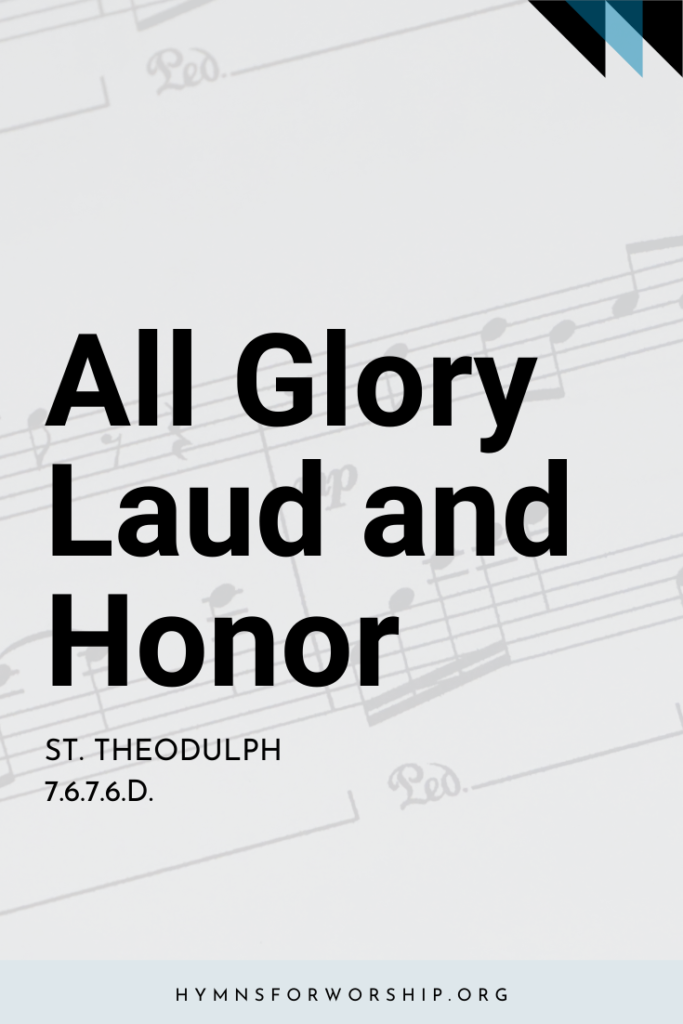

Text
1
All glory, laud, and honor,
to thee, Redeemer, King,
to whom the lips of children
made sweet hosannas ring.
Thou art the King of Israel,
thou David’s royal Son,
who in the Lord’s name comest,
the King and Blessed One.
2
The company of angels
are praising thee on high,
and we with all creation
in chorus make reply.
The people of the Hebrews
with psalms before thee went;
our prayer and praise and anthems
before thee we present.
3
To thee, before thy passion,
they sang their hymns of praise;
to thee, now high exalted,
our melody we raise.
Thou didst accept their praises;
accept the prayers we bring,
who in all good delightest,
thou good and gracious King.

Hymn Info
Biblical Reference
(a) Matt 21:9 (b) Matt 21:8 (c) Phil 2:9
Author
Theodulph of Orleans (750-821)
Translator
John M. Neale (1818-1866)
Hymn Tune
ST. THEODULPH
Metrical Number
7.6.7.6.D.
Composer
Melschior Teschner (1584-1635)
Year Composed
1613
Theme
GLORY & PRAISE
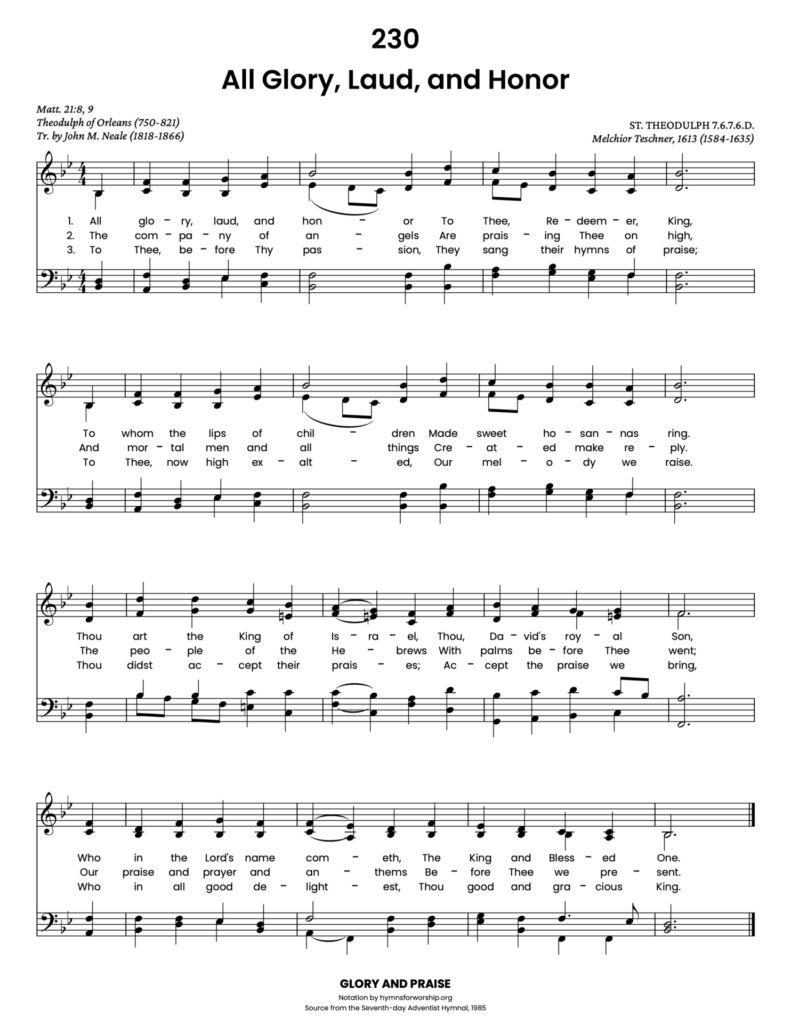
Get the hymn sheet in other keys here
Notes
Make each hymn more meaningful with these helpful tools: Short, ready-to-use hymn introductions for church bulletins, multiple ways to introduce a hymn based on your worship theme and in-depth history and insights to enrich your song service.
God’s thought is certainly higher that our thoughts. He desires that we surrender all of our cares on Him and trust His ways. Truly, we serve a God of glory and honor who is worthy to be praise! (Lesson 11, 1st Quarter 2021 – Monday, High Thoughts and Ways, 3/8/2121)

